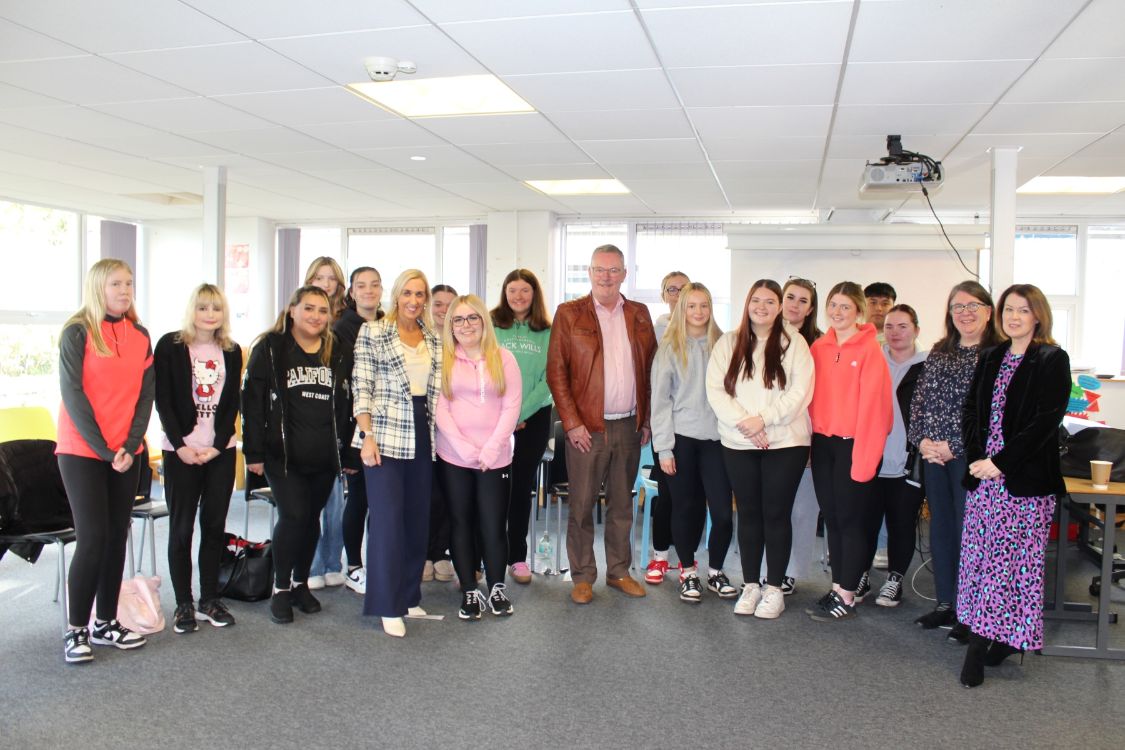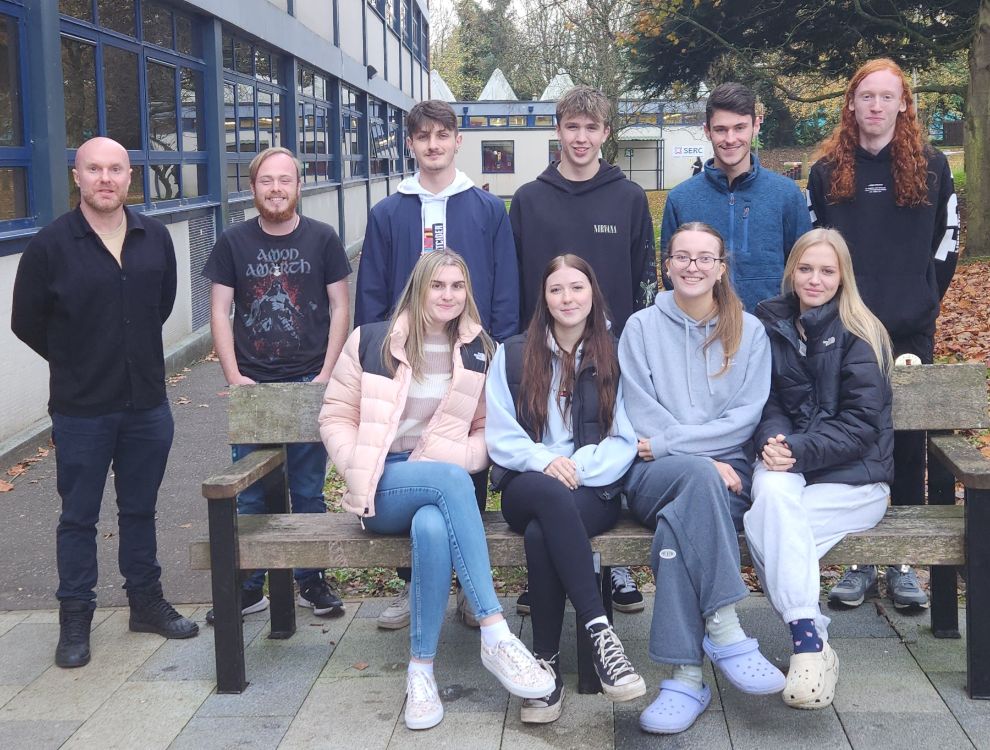Higher Level Apprenticeship in Cloud Computing Technologies
You will complete a Foundation Degree in Cloud Computing Technologies along with work related qualifications over a three-year period. The Foundation Degree (FD) in Cloud Computing Technologies is aimed at meeting the local demand of Cloud experts in Northern Ireland. It will cover a range of computing specialisms allowing successful students to follow different career paths.
The Foundation Degree consists of 40 credits (normally 2 modules) per semester in Year 1, Year 2 and Year 3.
This programme is based on a hybrid learning model with a focus on face-to-face delivery.
Modules include:
- Computational Mathematics
- Computer Systems
- Programming Fundamentals
- Cloud Fundamentals
- Web Technologies and Applications
- Data, Information and SQL Software Testing Data Analytics and Visualisation
- Cloud Development
- Innovative Delivery of Mobile Applications
- Work-based Learning
General Entry Requirements
The general entry requirements below identify the minimum qualifications needed to apply for the programme.
Other qualifications will be considered on an individual basis on application.
You are required to upload a copy of your qualification certificates to show how you meet the entry requirements for the programme prior to enrolment.
Applications will also require successful completion of the admissions process.
GCSE/ Level 2 Requirements
- GCSE grade C/4 in English Language, or Level 2 Certificate in Essential Skills Communication, or equivalent in an approved alternative qualification.
AND
- GCSE grade C/4 in Mathematics, or equivalent in an approved alternative qualification.
AND
- 2 at GCSE level (grades A*-C*/9-4), or equivalent in an approved alternative qualification.
Course Entry Requirements
UCAS
A minimum of 48 UCAS Tariff points including:
- GCE A level (A2): Typical grade profile DD
OR
- [RQF] Pearson BTEC Level 3 Extended Diploma with overall award profile PPP
OR
- Access to HE Diploma (NI): 45% overall
OR
- An equivalent in an approved alternative qualification
Accreditation of Prior Learning
Alternatively, you can provide evidence of your ability to undertake the programme by meeting the requirements for the Accreditation of Prior Learning (APL) process, either through Accredited Prior Certificated Learning (APCL) or Accredited Prior Experiential Learning (APEL). Further details on APL can be found in the HE Admissions Process section of our website and the HE Accreditation of Prior Learning SOP.
International Students English Language Requirements
International applicants, from Non-Native English speaking countries, must have evidence of English Language Level B2 on the Common European Framework of Reference for Languages:
- IELTS 6.0 (Academic) (minimum of 5.5 in all skills)
- PTE Academic 51 (minimum of 46 in each part)
- Or equivalent UKVI-approved English Language Test
For further information please contact our International Department at international@serc.ac.uk
Higher Level Apprenticeship Eligibility
To be eligible for a Higher Level Apprenticeship (HLA), in addition to the entry requirements identified above, you need to:
- be employed or be about to take up permanent paid employment as an apprentice, or be an existing employee moving to a new job role, allowing you to gain appropriate industrial experience, with a Northern Ireland based company (does not include public sector) who is willing to support you as an HLA candidate,
- work a minimum of 21 hours per week (which includes time for ‘off-the-job’ training),
- be the minimum school leaving age in Northern Ireland.
Modules include:
Computational Mathematics
Computer Systems
Programming Fundamentals
Cloud Fundamentals
Web Technologies and Applications
Data, Information and SQL
Software Testing Data Analytics and Visualisation
Cloud Development Innovative Delivery of Mobile Applications
Work-based Learning
Enquiries Information
For more information or help with this course send us an enquiry and a member of our team will get back in touch.
Available Sessions
Sorry you cannot currently apply online for this course.
For more information or help with this course please complete an enquiry form.
Customer Enquiries
Need more information or have a question about this course? Send us a message below and we will get in touch.
Start New EnquiryTerms & Conditions
Students will be required to comply with SERC's Terms & Conditions of study.
We strive to ensure the description of courses on SERC's website and in publications is accurate. However, for various reasons there may be occasions when the College may need to change arrangements or be unable to deliver classes due to circumstances such as reduced funding. If there are insufficient numbers applying for a course it may not be viable to deliver the class.
Courses are continually reviewed to take advantage of new teaching approaches and developments in research, industry and the professions. Please be aware that modules may change for your year of entry. The exact modules available and their order may vary depending on course updates, staff availability, timetabling and student demand. Please contact the course team for the most up to date module list.

Higher Education
If you have just completed your A-Levels, Higher Education is most likely the option for you. HE usually covers HNC, HND & Foundation Degree level of courses including our Higher Level Apprenticeships.
Explore Higher EducationLatest Events
Stay connected to SERC: Your guide to upcoming college events!





